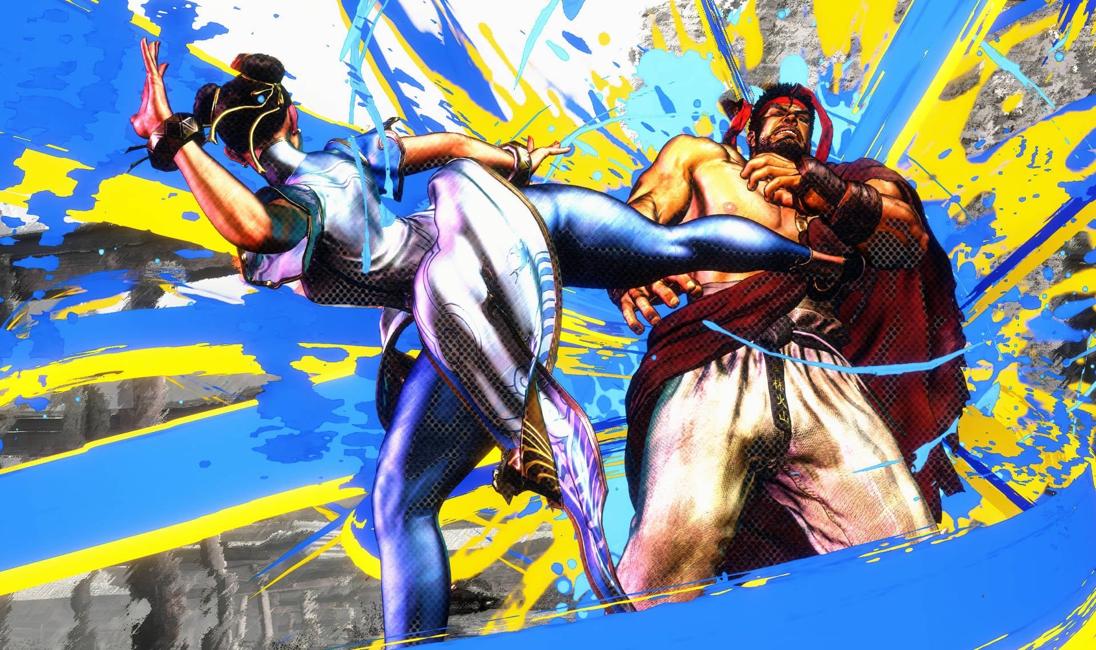Okay, so here's the thing: I love Street Fighter 6. I mean, really love it. But even I had to raise an eyebrow (or two) when Capcom floated the idea of charging for access to the Capcom Pro Tour livestream. It felt… off. Like charging extra for the popcorn at the movies, you know? And apparently, a lot of people felt the same way.
And they reversed course! Capcom actually listened to the criticism and backed down. Which, let's be honest, isn't always a given in the gaming world. So, what happened? Why the uproar? And what does this all mean for the future of Street Fighter 6 esports?
Let's dive in, shall we?
The Paid Livestream Proposition: A Swing and a Miss
The original plan was… well, a bit convoluted. Capcom proposed a system where fans would need to purchase a specific DLC pack or subscription to access the official Capcom Pro Tour livestreams within Street Fighter 6. The idea, presumably, was to funnel money directly into the esports scene, boosting prize pools and supporting players. Start.gg is one of the many platforms where Street Fighter tournaments are hosted.
But here's where it got tricky. The community, already invested in the game and the competitive scene, saw it as a barrier to entry. Why pay extra to watch something that had traditionally been free? It felt like double-dipping, especially considering the initial cost of the game itself. And let's not forget the battle passes, character DLC, and all the other ways Capcom already monetizes Street Fighter 6. It all adds up, doesn't it?
I initially thought the backlash was a little harsh, but after putting myself in the shoes of a casual fan just wanting to watch some high-level play, I get it. It's like putting a paywall in front of your favorite artist's YouTube channel.
The Uproar and the Reversal: Community Voices Heard
The response was swift and… well, let's just say the internet wasn't happy. Social media exploded with criticism, with players voicing their concerns about accessibility and the potential impact on the growth of the Street Fighter 6 esports community. Content creators weighed in, highlighting the importance of free and open access to competitive events. They have a point.
And, to Capcom's credit, they listened. In a statement, they acknowledged the community's feedback and announced that the Capcom Pro Tour livestreams would remain free on platforms like Twitch and YouTube. They're still exploring ways to support the competitive scene (and, let's be real, monetize it), but they're clearly taking a more cautious and community-focused approach.
But, you might be wondering, what does this all really mean? Isn't it just a small thing in the grand scheme of things?
Street Fighter 6: A Win for Players and the Future of Esports
Actually, no. I think this is a pretty big deal. It's a reminder that game developers, even massive companies like Capcom, are ultimately accountable to their player base. It shows that community feedback can have a real impact on decision-making. It’s also a great example of why companies need to carefully consider the long-term implications of their monetization strategies.
Furthermore, it highlights the importance of accessibility in esports. Free and open access to competitive events is crucial for attracting new fans, fostering community engagement, and ensuring the continued growth of the scene. It's like the minor leagues for professional sports - you need to get people interested early!
Think about it this way: if someone has to jump through hoops (and spend extra money) just to watch a tournament, they're far less likely to become invested in the game and its competitive scene. But if they can easily tune in and watch some amazing matches, they might just become the next EVO champion. Who knows?
This whole situation also serves as a cautionary tale for other game developers. Monetization is essential, of course, but it needs to be balanced with the needs and expectations of the community. No one wants to feel nickel-and-dimed, especially when they're already invested in a game they love.
It's a delicate balance, no doubt. But Capcom's willingness to listen and adapt is a positive sign for the future of Street Fighter 6 and esports in general. Plus, the game is awesome and deserves all the love it gets.
FAQ: Paid Livestreams?
Why was Capcom planning to charge for livestreams in the first place?
The initial idea was to directly support the Capcom Pro Tour and increase prize pools. The intention was good, but the execution missed the mark in the eyes of many fans. Monetizing esports is a tricky balancing act, and Capcom was trying to find a sustainable way to fund the competitive scene. Ultimately, they realized the negative impact on accessibility outweighed the potential benefits of paid livestreams.
How did the Street Fighter 6 community react to this announcement?
The reaction was overwhelmingly negative. Players felt it was unfair to charge extra for content that had traditionally been free. Concerns were raised about the potential impact on viewership, community growth, and overall accessibility of the Street Fighter 6 esports scene. The online outcry was significant and likely played a major role in Capcom's decision to reverse course.
Will Capcom still try to monetize the Street Fighter 6 esports scene?
Yes, almost certainly. Companies need to find ways to support their esports initiatives financially. However, Capcom has indicated they will be exploring alternative methods that are more community-friendly. This might involve sponsorships, in-game cosmetic sales, or other forms of monetization that don't restrict access to the core competitive experience. It’s a tightrope walk, but they seem committed to finding a solution that works for everyone.
What can other game developers learn from this situation?
The biggest lesson is the importance of listening to your community. Game developers need to be aware of the potential impact of their monetization strategies on player experience and community engagement. Open communication, transparency, and a willingness to adapt based on feedback are crucial for maintaining a healthy and thriving esports ecosystem. It’s always better to be proactive and engage with the community early in the process, rather than reacting to backlash after the fact.
Ultimately, this whole saga reinforces a simple truth: gaming is, at its heart, about community. And when a company listens to its community, everyone wins.





















